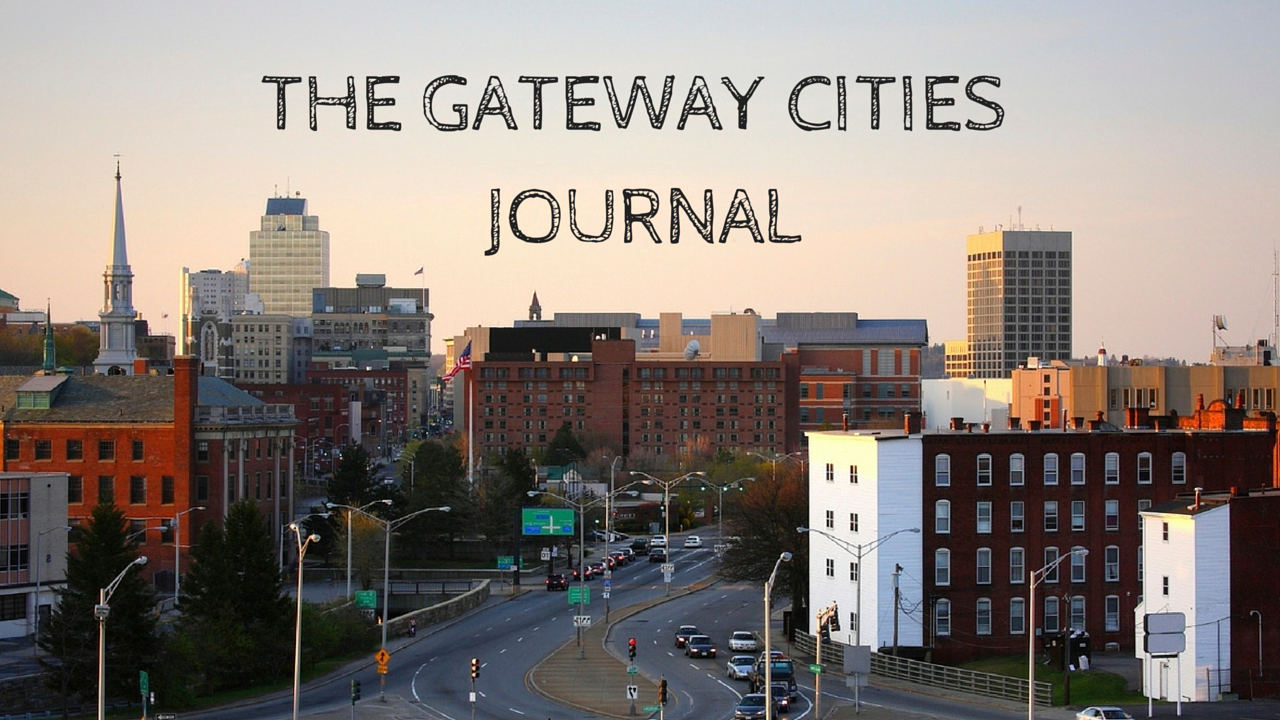
In 2002, Massachusetts voters went to the ballot box and passed an initiative requiring schools to deliver all instruction in English. While there wasn’t much evidence that this would improve learning, voters were still sold on the idea that professional educators didn’t know how to do their job; allowing students to learn math and other complex subjects in their native language while they acquired English was wrong, plain and simple.
After many years of pleading with legislators to reverse this flawed law, both the Senate and House passed bills recently loosening these restrictions so that teachers can go back to providing the best instructional approach they can find for students who are still learning English.
This sordid experience begs the question: what other things are we doing that hinder urban educators based on presumption, rather than objective analysis?
The state’s new accountability rating system tops the list. Last week the Fordham Institute, a conservative education think tank in Washington, DC, released a report placing Massachusetts in the bottom tier of states on rating the performance of urban districts fairly.
States are updating their accountability ranking formulas for the next school year to comply with the new federal Every Student Succeeds Act. A who’s who list of education experts has urged them to do a better job producing school quality ratings that provide the public with apples-to-apples comparisons, adjusting for the widely varying make-up of students in schools and districts when assigning relative measures of performance. In redesigning the Massachusetts formula, policymakers have ignored this sound methodological advice.
Understandably, they want “all to mean all,” that is, all students should reach proficiency, no excuses. This sounds good in theory, but what about a high school where 30 percent of students arrived from foreign countries recently and don’t speak English well, or an elementary school where 20 percent of the students have learning disabilities or developmental delays making it difficult just to read the questions on the test? Expecting every student to score proficient or advanced on the MCAS at these schools is nonsensical.
Like the 2002 ballot measure, the Massachusetts accountability ranking formula takes an inflexible approach that discourages Gateway City educators and adds unnecessary stress to an already demanding job.
Because perceptions of school quality influence so much else in Massachusetts, this policy has far more profound consequences. By inaccurately rating the performance of urban public schools, we punish communities for being inclusive. We lower their property values and destabilize their neighborhoods. Families are much less likely to live in a dense urban area when we label the schools underperforming, so they move to suburbs restrictively zoned for so-called “good schools.” This inevitably drives up home values, which creates a drag on economic growth and intensifies widening income inequality.
With a victory on English-only instruction under their belt, it’s time Gateway City leaders train their energy on an education accountability system built to reinforce the harmful presumption that our inclusive urban schools are inferior places to learn.
Housing & Economic Development
MassDevelopment makes a TDI equity investment in Worcester, purchasing a downtown building to house the new Theatre District Alliance.
The Worcester Planning Board approves 84 apartments at the site of the Notre Dame des Canadiens church, which means the landmark is likely to be razed.
Thestategives Haverhill approval to move forward with plans to create up to 700 housing units in former factory buildings near downtown.
MassDevelopment appoints Mohammad Bergeron as Transformative Development Initiative fellow in Holyoke; she will also act as the manager of the city’s Innovation District.
The Lowell Sun editorializes on housing affordability challenges with rising rents in Fitchburg and Lowell.
The fight for the Pawtucket Red Sox’ new home trudges on as officials in Springfield and Worcester continue talks with team representatives.
The Salem City Council approves a tax agreement for a hotel-and-restaurant project in one of its new “tourism zones” that is set to open next year.
The Wall Street Journal looks at the plight of rustbelt cities like Springfield. Aaron Renn blogs about it, saying yes, New England has rustbelt conditions that deserve more attention.
Education
Bills backed by Gateway City legislators undoing the English-only education law head to conference committee.
DESE receives proposals for 5,400 charter school seats with new schools in Lynn, Haverhill, New Bedford, and Lawrence, and expansions in Holyoke, Lynn, and Springfield.
Bristol Community College in Fall River receives its largest donation ever-$2 million-from the Harold and Virginia Lash Trusts.
The state department of education releases New Bedford from monitoring after the city’s successful implementation of the 2011 Accelerated Improvement Plan.
Preliminary planning is underway for the new Durfee High School in Fall River.
Haverhill City Council President John Michitson writes for the Eagle Tribune detailing why improving public education is key to the city’s success.

Transportation
The Barr Foundation is accepting proposals by cities to improve bus routes and make public transportation more accessible to residents in Gateway Cities.
The Worcester Regional Transit Authority prepares to make more route changes to its struggling bus services, which have been marred by service cuts and fare increases.
A forum in Salem on the North-South Rail Link moderated by former governor Michael Dukakis attracts a standing-room-only crowd.
MassDOT forms a working group to explore the feasibility of seasonal rail service between Pittsfield and New York City.
Pedicabs take off in Worcester.
Governing writes about the increasing allure of pedestrian scrambles.
Creative Placemaking
Greater Boston features the Beyond Walls project in Lynn.
Pow! Wow! Worcester brings together 32 local and international artists to paint 29 wall murals.
A Fitchburg resident teams up with a local nonprofit Community Gardening Summer Challenge to encourage neighbors to remain healthy and involved this summer.
Governance
Fall River officials are looking to update city ordinances dealing with blighted and abandoned properties.
The Brockton Fire Department is one of the busiest in the country.
A new study in Economic Development Quarterly suggests collaboration across government is higher when businesses take a more active role.
Cities have one week left to get their entries together for the 2017 Bloomberg $5 million challenge.
Communities & People
New Bedford Mayor Jon Mitchell announces his intentions to seek re-election this fall.
Two women are the finalists in the Everett mayoral election, lining up the winner as the first female mayor in Everett history

